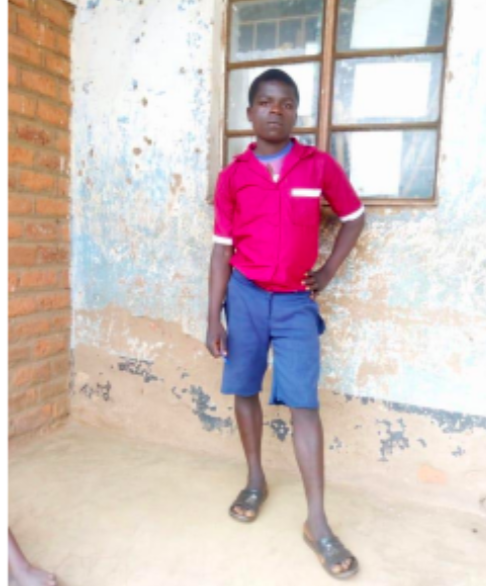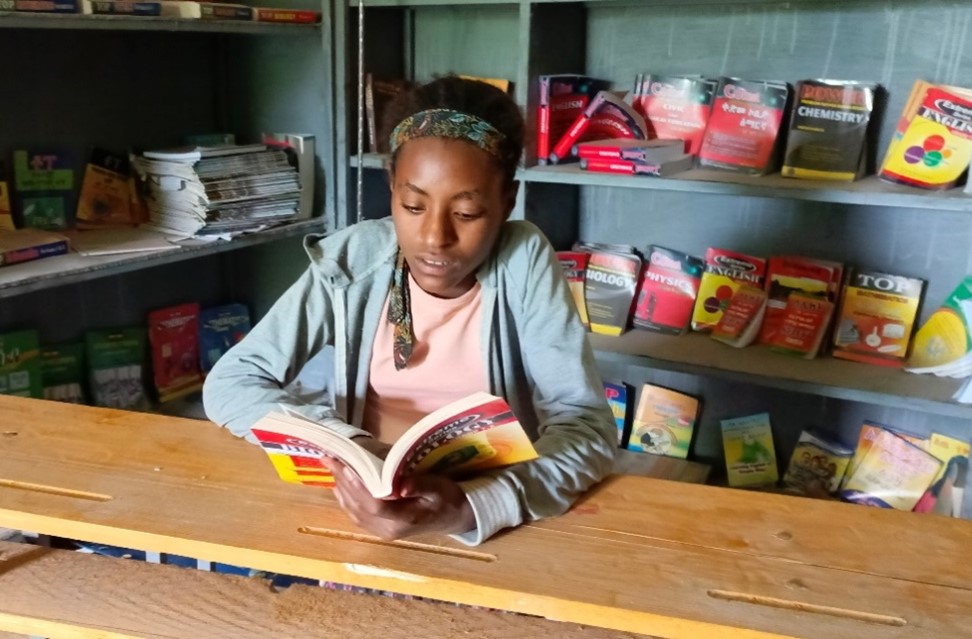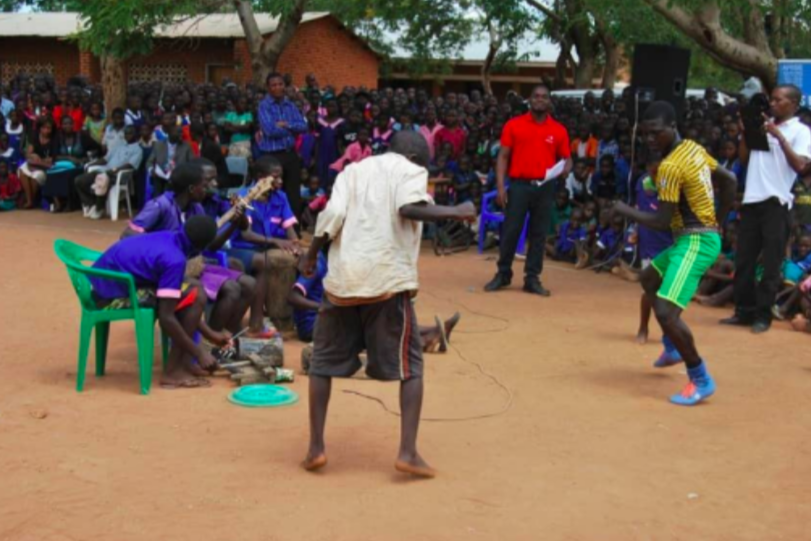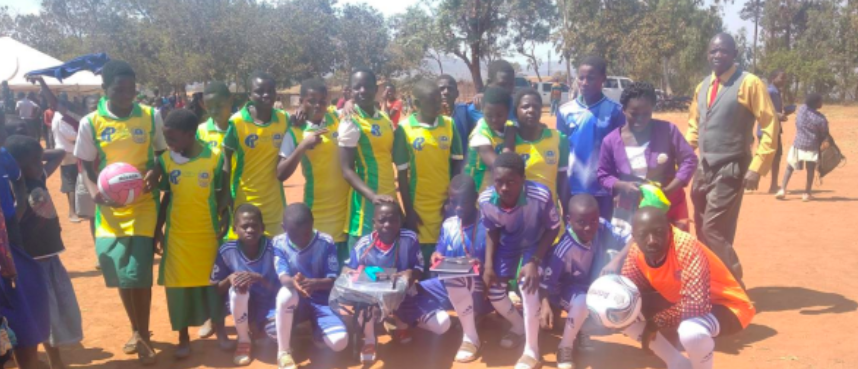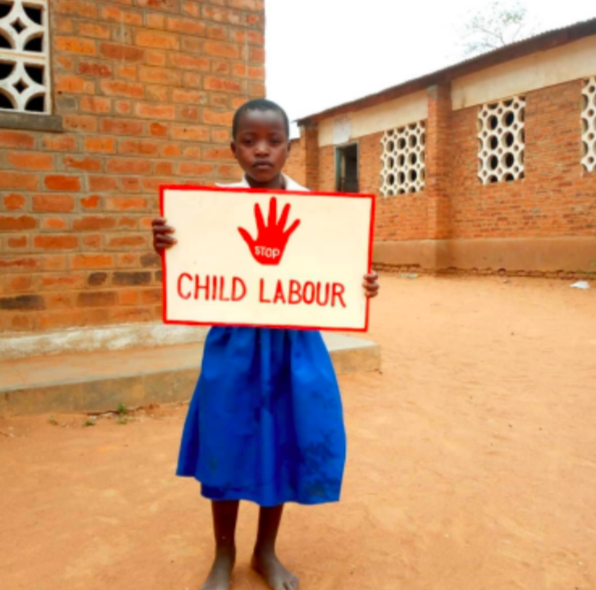Child labour interferes with children’s right to education. Many factors result in child labour, including poverty, social norms, lack of decent work for parents and deficiencies in the school system. Some children then opt to work either to help put food on the table in their household or simply for their own survival. Here are two examples of boys in this position that the child labour free zone (CLFZ) project in Chigudu helped escape from labour.
At the age of 11, Charles Bozinai’s mother moved the family from the city to Mkunda village, her maternal home in Dowa district. His mother had been a victim of property grabbing, resulting in a drastic change in their economic status, with his mother now having to rely on casual work in the village to survive. For six years, they lived below the poverty line and barely managed to meet their basic needs. When his older brother started at secondary school, things moved from bad to worse, because most of the family’s money went towards his brother’s schooling even though Charles intermittently attended primary school.
Charles dropped out of school. To help his mother provide for the household, he worked in charcoal burning and on tobacco, maize and groundnut farms.
However, Charles’s story started to change with the coming of the CLFZ social dialogue project in Chigudu zone. After the training of community leaders, and with the involvement of the headteacher of Msambaimfa primary school, the community started to identify children who had dropped out of school. Charles was among these children, and with community encouragement at the age of 18 he returned to school with 11 other students in his village who had dropped out.
Although Charles has been freed from child labour for the time being, he remains at risk due to his family’s poverty. Unable to pay the fees for his first term’s school examinations, he missed the exams. The school management, however, promoted him to the next level and paid for his primary school leaving certificate exams. The management and his mother have approached a local children’s care centre for assistance and hope Charles can be supported and avoid the risk of dropping out. They await a response.
Charles Bozinai’s teacher says of him: “Charles has been encouraged to go back to school because of the child labour project. He is very intelligent … If resources are provided for him, he will succeed beyond what he has done in the first term.”
Yosefe Zimba, a student at Matanda primary school in the same zone and district, has a similar story to Charles’s. Yosefe lives in Maluza village with his low-income single-parent household. After dropping out from primary school he worked in maize, soya and groundnut farming to earn income for his family. Following their child labour training, the school governors and other community leaders sensitised the local community on issues of child labour and the importance of school.
With their encouragement, at the age of 17 Yosefe made a decision to return and enrol in school. The headteacher assisted him with notebooks and money for basic needs for the first term. Yosefe has started well and is very enthusiastic about continuing with his education. However, he needs educational support to continue learning.
